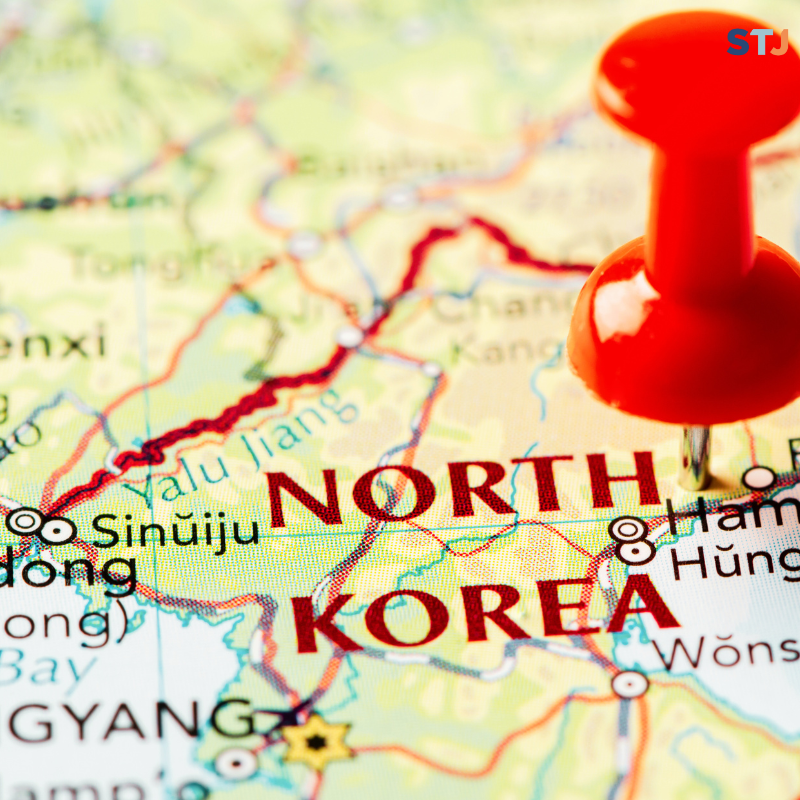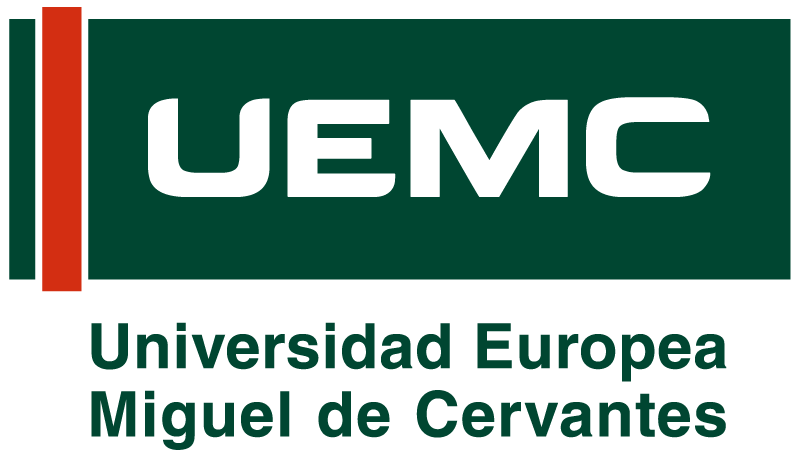By Lorenzo Olivieri
For as long as I can remember, I’ve had a strange fascination with visiting dictatorship or post-dictatorship countries. How do people living under a dictatorship look at the outside world when they are forbidden from leaving? How can you promote your country when you are not free to see advertising?
To unpack these paradoxes, I’ve turned to old guide books from Fascist Italy, watched documentaries about tourism in the DPRK, and collected countless brochures from both former and current authoritarian regimes. I also notice I must not be the only one: my YouTube lately exploded with food vlogs in Taliban Kabul, group trips in post civil war Syria and national products haul from North Korean souvenir shops.
As a traveler, I can choose to acknowledge – or ignore – the nuances of a country’s political system, whether it’s a monarchy, a flawed democracy, or a full-blown dictatorship. But as journalists we constantly walk a tightrope between reporting and inadvertently promoting a regime with a sketchy human rights record.
Am I giving a voice to those who can’t speak freely—or simply reinforcing the story a regime wants told?

From reading all the touristic pamphlets and the guide books from countries that don’t exist anymore I tried to come up with a pattern repeated in many places that I must be able to recognize if I am ever travelling to a country in a suspected list.
1) They promote safety, stability and uncorrupted environment. “Our country is the safest place on earth. There is no crime here.” said a DPRK guide to a German journalist during a recent visit: “We have no prisons.” (Link video)
2) Cultural and Religious sites as a source of state power. “A visit to the Pontine Marshes, which takes a day, should be considered by today’s Italian, by the Fascist, as a pilgrimage route. Nowhere else has the creative power of fascism left such a vast imprint.” (Short Guide to Central Italy, 1939 – the Pontine Marshes were drained and transformed into fertile farmland, with new towns built to promote agricultural self-sufficiency, a slogan of the Regime).
3) Positive Media Representation of the Regime. “Dubai loves influencers, and influencers love Dubai […] but the glamorous lifestyle comes with a catch: they are not allowed to criticize their new home.” says a report by Deutsche Welle from (link video) The United Arab Emirate currently ranks 164 in the World Press Freedom, having lost 33 places in 5 years.
Now, the question stands. How can we maintain ethical standards when traveling or reporting in such environments?
- Seek Out dissidents, activists, local journalists and NGOs: By prioritizing local voices, especially the ones who are marginalized and oppressed, you can provide an authentic and complete narrative. But, protect your sources and be aware of the risk they may face for speaking up.
- When reporting from authoritarian states, it’s tempting to focus on dramatic, sensational stories. Focus on nuanced, human-centered stories that go beyond first pages. Citizens of authoritarian countries are not all victims or all agents of the regime. Let’s not weaponize them.
- Authoritarian regimes often manipulate tourism, media, and foreign reporting to build a positive image of themselves. Remember: Safe and Beautiful may be buzzwords to distract you from the darker realities of repression. Remain critical when a state tourism agency overuses these terms.
Authoritarian regimes may have different looks and we may be attracted to them for different reasons. I can see why skiing in a mall in the middle of the desert can be appealing for many as I know that one day I’ll be in a DPRK shop buying the propaganda art of the regime.
My ethical responsibility is to serve the truth, protect the vulnerable and to my readers, give a full story, authentic and true. By doing so, I won’t only uphold the journalist standard, but help hold accountable countries where press don’t share my same level of freedom.
This article is part of the practical work carried out by the students of the School of Travel Journalism.

